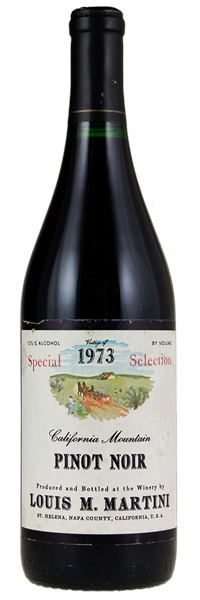Light label condition issue
Removed from a professional wine storage facility; Purchased direct from winery; Consignor is original owner
Lightly depressed cork; light label condition issue
Removed from a professional wine storage facility; Purchased direct from winery; Consignor is original owner

Image above is an example. To view the image of the lot, click the item number.
Estimate